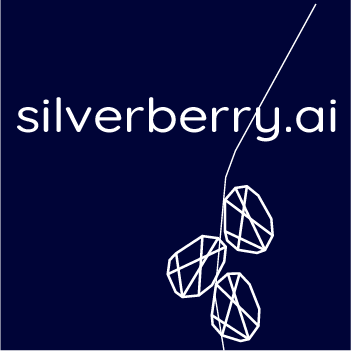Responsible AI, Principle 5: Human-Centric Feedback and Iteration
Keep people at the heart of AI—continuous feedback refines models, while humans retain the power to intervene.
Background
Within the Responsible AI by Design Framework, Human-Centric Feedback and Iteration emphasizes that technology should never supplant human insight, empathy, and ethical reasoning. While AI can efficiently process vast amounts of data and make rapid predictions, it lacks the nuanced understanding of context, morality, and lived experiences that human beings bring to decision-making. By anchoring AI systems in a people-first approach, organizations ensure that high-stakes choices—such as credit approvals, medical diagnoses, or employment screenings—do not blindly rely on algorithms. This principle further recognizes the importance of involving domain experts, frontline staff, community representatives, and end-users in refining AI’s recommendations and outcomes.
Expanded Definition
Being human centric has two layers. First, considering the impact of outcomes on humans means that every model output or decision should be assessed in light of potential harm, benefit, or unintended consequences for individuals and communities. This requires proactive thinking about the AI’s downstream effects on vulnerable groups, broader society, and organizational stakeholders. Second, maintaining a feedback loop entails that users and experts can actively participate in reviewing, challenging, or adjusting AI-driven results. Whether the feedback comes from a seasoned professional who notices an anomaly in the model’s recommendations or a customer who feels unfairly treated by an automated decision, this feedback must be collected, assessed, and integrated into an ongoing improvement cycle.
Objectives
Consider the Impact of Outcomes on Humans: Evaluate how AI-driven decisions might affect people—financially, psychologically, socially, or otherwise—before and after models go live.
Enable Human Feedback to Adjust Model Outcomes: Provide mechanisms for both domain experts and end-users affected by AI decisions to offer feedback, request changes, and contribute insights that guide model retraining, parameter updates, or policy modifications.
“When people guide AI decisions, technology becomes a collaborator—not an uncontrollable force.”
Relationship to the Four Risks
Regulation Violation: In many jurisdictions, laws require explicit user recourse or expert oversight to prevent automated decision-making from causing undue harm. By involving humans at critical junctures, organizations more easily demonstrate compliance with these legal standards.
Reputation Damage: Providing clear channels for user engagement, appeals, and expert validation assures the public that the company values ethical AI. Users who see their concerns acknowledged are less likely to distrust or abandon the product.
Conflict with Core Values: By continuously integrating moral, cultural, and professional perspectives into AI workflows, organizations keep algorithms aligned with their ethical commitments. This allows timely course corrections if the AI’s outputs diverge from the company’s stated principles or mission.
Negative Business Impact: Errors discovered through human feedback can be addressed before they escalate into large-scale failures, minimizing revenue loss and operational disruptions. Moreover, fostering user trust can lead to higher adoption rates and stronger customer loyalty, positively impacting long-term performance.
In essence, Human-Centric Feedback and Iteration ensures that AI remains a support tool rather than a replacement for human judgment. By considering how AI outcomes might affect people, and by giving both experts and end-users the power to refine or override decisions, organizations create a balanced partnership between technology and humanity—one that ultimately leads to more ethical, equitable, and successful AI implementations.
